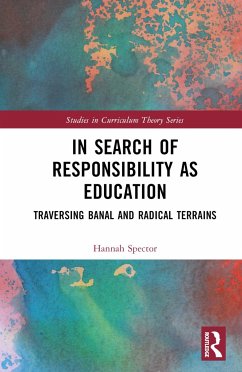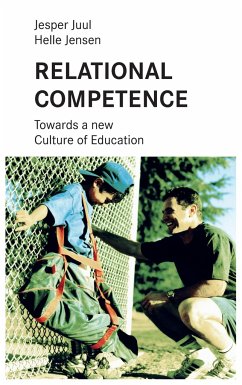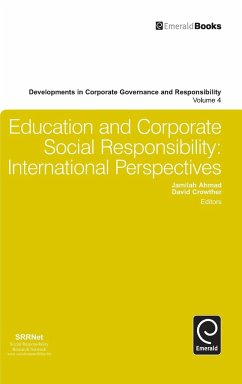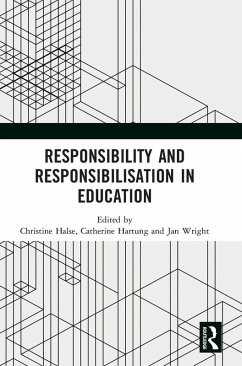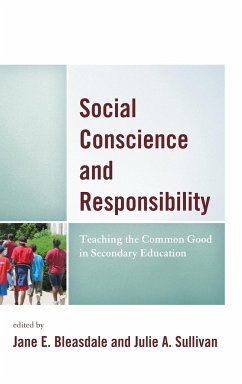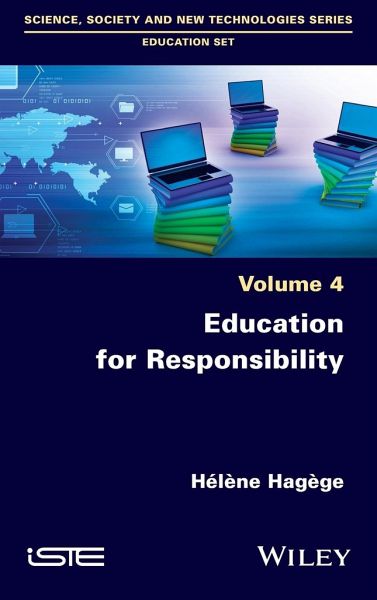
Education for Responsibility
Versandkostenfrei!
Versandfertig in über 4 Wochen
159,99 €
inkl. MwSt.
Weitere Ausgaben:

PAYBACK Punkte
80 °P sammeln!
Changing your mind to change the world is the general principle proposed to educate for responsibility. Using an interdisciplinary scientific approach, this book dissects the functioning of the ego, that is to say the belief in a self, an illusion that causes disharmony. After an original modeling of the notion of responsibility, the author deduces that it is incumbent on all of us to become aware of the relationship between our own minds and the world. Thus, gaining consistency and awareness, everyone would have the potential to free themselves from the illusion of the ego and contribute to a...
Changing your mind to change the world is the general principle proposed to educate for responsibility. Using an interdisciplinary scientific approach, this book dissects the functioning of the ego, that is to say the belief in a self, an illusion that causes disharmony. After an original modeling of the notion of responsibility, the author deduces that it is incumbent on all of us to become aware of the relationship between our own minds and the world. Thus, gaining consistency and awareness, everyone would have the potential to free themselves from the illusion of the ego and contribute to a more harmonious world. This book therefore proposes psychospiritual skills, favored in particular by different forms of reflexivity and by meditation (and mindfulness), which can serve as a basis for a curriculum to educate for responsibility. This academic connection between meditation and ethics is a major innovative contribution.




